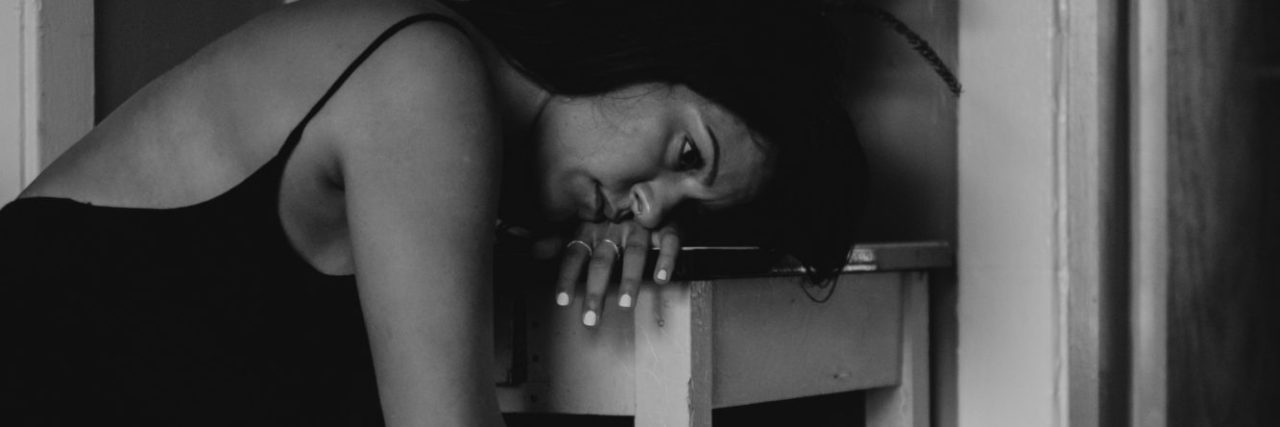Being a mom is what I always desired — to love and raise a child, mold him and impress upon him the love of life. I was eager to provide basic needs to the more complex needs (such as discipline and instilling values). Unfortunately, I feel my son got the short end of the stick with me.
• What is Bipolar disorder?
I struggle with type 2 bipolar disorder.
Bipolar transformed motherhood into a monumental challenge. Not only do I struggle, but my son has struggled as a result. This causes me immense guilt.
As psychotherapist Diana Barnes says, “Depression is just wicked. It takes away the enthusiasm and energy you need to be a good parent. And on top of that, it distorts your thinking.”
1. The Fatigue
Unable to keep my eyes open, I yearn only for my bed. Sleeping to ignore the world is my intent. Instead of spending time with my family, I avoid it. Smiling, interacting, being part of the family unit… all are massive tasks. When my son was in fifth grade, I realized he recognized my relationship with sleep. We spent a day in the city with my mother, and as we wrapped up our time together, my mom made a comment that it was time to return home and take a nap (looking at my son). He replied with, “I know,” as he glanced my way. It registered with me that he knew I would be the one napping, not him. He’s witnessed a multitude of times when I withdrew to the comfort of my bed, escaping life.
2. The Lack of Motivation/Desire
The want of any activity has often been void. When I have fought to remain awake, I’ll sit… sometimes “disappearing” into a TV show or playing a game on my phone… ignoring all else. A list of necessary tasks runs through my head, yet I cannot push through the barricade of depression to attempt them. Chores, caring for the dogs, family meal preparations and interacting with my family in any way are all simply colossal undertakings.
“Mom, I’m hungry.”
“Find something to eat.”
Some days my son ate nothing but cereal, chips, deli meat and cheese right from the package, Rice Krispie Treats or ice cream. During these days, if my husband was unable to pick up the slack, we’d eat whatever we could find.
3. The Good Intentions Gone Awry
A mom should be able to keep in the know of her child’s academic progression. How is he performing in school? Is he keeping up with his homework? I have good intentions, but they last no more than a day or two before I simply cross my fingers and hope for the best.
I look forward to going to a movie, eating dinner together, playing board games and talking about life. Then, the depression emerges and I revert back to wanting to escape life. I’ve allowed my son to self-entertain more than a parent should. I lacked the needed energy to debate with him why he should read a book or go ride his bike or find constructive activities in lieu of playing video games. As a result, he’s a gamer with few other interests. I’ve witnessed his curiosity and diverse activities diminish over the years.
4. The Irritability
My husband and son have been the targets of the irrational irritability I sometimes experience. My fuse was regularly too short and I would lash out. The smallest inconvenience could set me off. The irritability would often be combined with anxiety. Recovering from these emotions was slow. I’d render myself a timeout by leaving the room or crawling into bed, ignoring everything through sleep. My son wasn’t receiving the best of me.
I worry about my son. Research has shown that “a mother’s depression … can interfere with her child’s social, emotional and cognitive development.” My son does have some challenges, and I often wonder how much my mental illness has contributed to it. He has lost out on the mom he deserved. I was emotionally unavailable and fell short in his upbringing. Presently, I attempt to be the mom he needs. My bipolar 2 is being managed through medication and therapy, but there is no cure. I’m left with only four years before my son graduates high school. I fear he will look back upon his childhood with disappointment and wonder what life could have been like with a mentally healthy mom. Now, I salvage the parenting years that remain.
If you or a loved one is affected by postpartum depression or other postpartum disorders and need help, you can call Postpartum Support International‘s hotline at 1-800-944-4773.
Photo by Misael Nevarez on Unsplash

